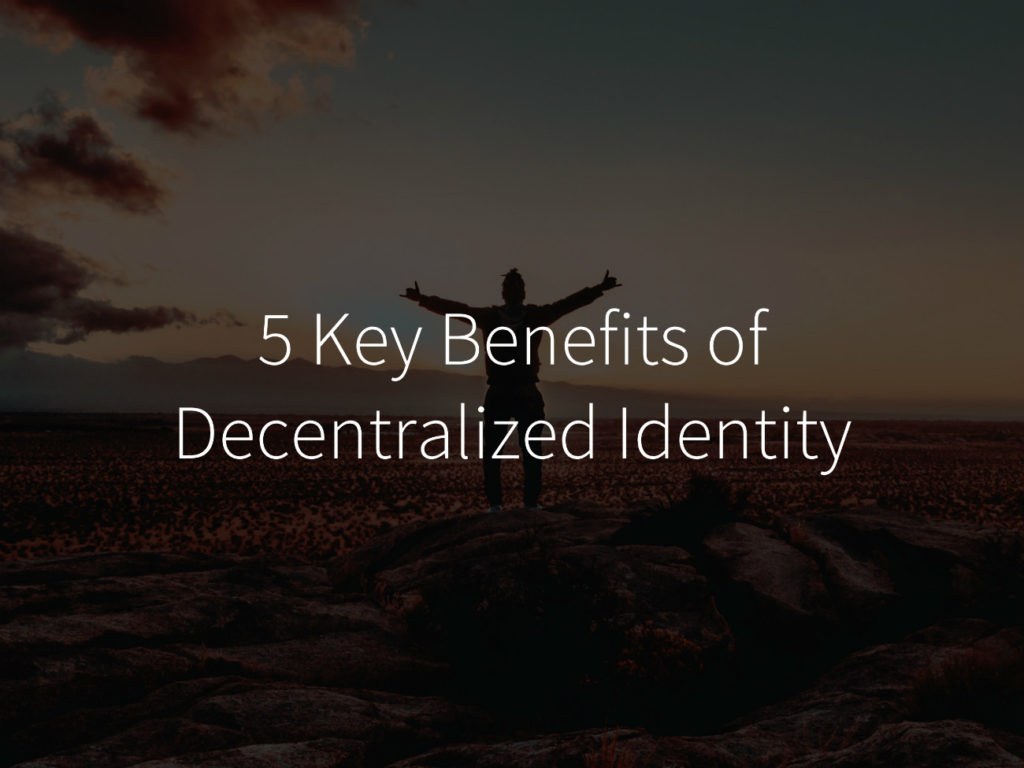By Titus Capilnean

Nowadays, privacy is more important than ever. This is particularly true in the context of identity, which is at the core of what makes us human.
In a world of data, we’re torn between the convenience of all-knowing companies and the safety of complete privacy. And with recent data spillage from tech titans, the risk associated with the convenience of centrally-stored data is all the more evident.
Thankfully, blockchain technology brings a solution that is both safe and convenient. It’s putting power back in the hands of users by giving them full control over where and how their data is used. It decentralizes data storage, so sensitive information doesn’t have to be entrusted to a third party or stored in piles that can become honeypots for bad actors.
And there are a number of powerful applications.
Your identity is easily verified. With traditional login methods, all it takes is knowledge of the right information to access an account. That means anyone with your personal data can pretend to be you. Decentralized identity verification, on the other hand, requires physical access to the user’s device or some other means to prove that they’re the rightful owner of that identity information — they didn’t just find it or buy it — a much higher barrier for any bad actors to surmount.
There’s a lower risk of mishandled data. Recent data breaches of Equifax, Facebook, and other large companies have called into question the security of third-party data storage. When companies failed to secure data, they left millions (sometimes even billions) of account owners vulnerable to identity theft and cyber attacks. With a decentralized identity, however, your information and power over it are always in your hands — so there’s a much lower risk that your data will be compromised.
Transactions are set in stone. Change isn’t always good. If previously attested information is altered, it opens a system to fraud. By decentralizing information through blockchain signatures, altering verified information is nearly impossible. All transactions on the blockchain are immutable, preventing anomalies in the network and thus ensuring that verified data has not been tampered with.
It’s convenient. You know how it goes. To access an online service, you have to register online, set your password, and choose security questions that will later prove your identity. And with each new service, you start the process all over again, forgetting almost all your passwords along the way. Decentralizing identity simplifies the sign-up and sign-in process. Just prove your identity once to a trusted third party, then reuse that verified identity over and over again with your mobile device, eliminating the need for security questions like your 3rd-grade teacher’s pet’s name.
Users are in control. By decentralizing data to store it on devices rather than on centralized databases, users get the final say over where, when, and how their information is shared.
Though “power to the people” certainly isn’t a phrase commonly used in the financial and technological world, blockchain is literally doing just that. By implementing a decentralized identity, it puts you back in control of your digital self.
No comments:
Post a Comment